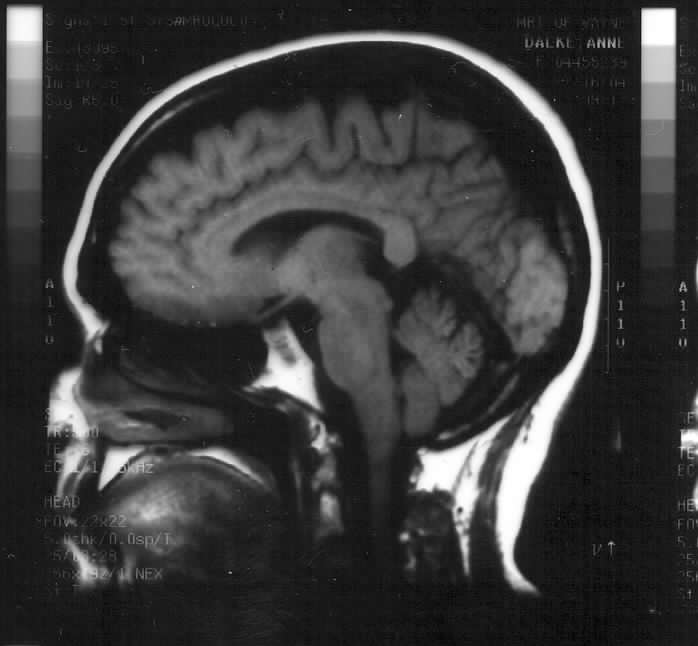Remote Ready Biology Learning Activities has 50 remote-ready activities, which work for either your classroom or remote teaching.
Serendip is an independent site partnering with faculty at multiple colleges and universities around the world. Happy exploring!

Having completed this experiment: what do we know?
How would it "work" in your classroom?
Randall's query: "What do our kids care about?
What would it distress them to lose?
Can we use that as an incentive to learn?"
Day One: | Day Two:
|
Day Three: "Change on a Human Scale"

for change?
[From the Forum:]
Julie: As far as assessment is concerned, it is important not to assess the students on their results, because as I experienced first hand today, experiments sometimes do fail. It would be more important to be certain that the students understand what happened to the penny, the color of the water, or the water in the test tube and why. It would also be useful if some students' experiments were not sucessful, so that as a class, we can examine what happened to make them not work. (Although a comfortable, safe, non-threatening environment must exist in order for this to occur...) I often tell students that more is learned from mistakes than if they got it right the first time, because they must go back and examine what they did in order to LEARN how to do it right!!
Connie: I enjoyed measuring and being methodical. Our children thrive off specific clear directions. By modeling appropriate techniques the students will increase their knowledge and the importance of being careful and specific.
Antoinette: We spent two weeks wrapping our brains around getting things less wrong...then this week we return to the experiment format with expectated results. My poor brain is smoking!!!!!! How can the concept of getting it less wrong translate to experimantation and safety rules? Are we as teacher setting ur kids up to be afraid of science and afraid to get it wrong? What happens to creativity and facilitated, gradually scafoldded discovery? As I am trying to make sence of the changes between Summer Institutes, I feel that today's lab return us to the correct answer, experiment format. HELP!!!!!!!!!! Is this what it feel like to our students to move from a more abstract style techer to a more linear, conservative style teacher??????????
Margaret: Why is it that experiments are so doable when I'm the student, but the same experiments seemed so invovled from the other side of the table?
So...shall we talk a little, this morning,
about "learning to do it right" and "getting it less wrong"?
About what the difference might be?
About what sort of changes might be involved in moving from the first to the second?
Might it have something to do with the question of "scripts" and "storylines"?

Nice to have some people who have been here before describe the institute as the Mississippi River, also changing but always still .... "focused", coherent in some way?...a kind of constancy built on change? Looking around, exploring, playing, not aimlessly but ... to see where one can go from where one is? "Are we as educators actually unwittingly inhibiting learning in our students by the way we teach because we are trying to be the conductor in most instances?..."
Kim Cassidy: Changes in Problem-Solving and Changes in Behavior [an error occurred while processing this directive]